advertisement
4 gut-health supplements you should take daily, according to a celeb nutritionist
Gut health is all the rage lately, but do you really need to be popping a probiotic every day in the name of decent digestion? According to celebrity nutritionist Kelly Leveque, the answer is yes, and she did her research to find the four NOW Foods supplements she recommends to her clients.
Gut health is all the rage lately, but do you really need to be guzzling kombucha, scarfing down sauerkraut, and popping a probiotic every day in the name of decent digestion? According to celebrity nutritionist Kelly Leveque, the answer is yes.
“Good gut health is so important for proper nutrient absorption, and the elimination of chemicals and toxins,” Leveque says. “A healthy gut helps to regulate hormones, elevates mood, and supports a healthy weight. Improving the health of my clients’ microbiome is one of my top priorities.”
“Improving the health of my clients’ microbiome is one of my top priorities.”
Adding just a few supplements to your daily routine is the easiest way to make sure you’re giving your gut the good stuff on the reg—as long as their quality is up to snuff.
Leveque put NOW® supplements to the test by visiting the actual manufacturing facility (how’s that for doing your homework?) and the experience left her seriously impressed.
“NOW goes above and beyond to ensure their products aren’t contaminated with heavy metals or bacteria, and that they’re the pure concentration of the product they’re sourcing,” she says. And after 50 years of organic supplement research, trust they’ve got the low down on which ones actually help with gut health.
Scroll down to find out which supplements Leveque recommends for a gut-health boost.

To promote overall health*: Probiotic-10™ 25 Billion
Despite their ubiquity, probiotics can be one of the most confusing categories to navigate because of the sciency-sounding strains (Streptococcus thermophilus is hard enough to pronounce, let alone understand).
But don’t get intimidated and ditch the idea. Leveque says this is one supplement everyone should take.
“Unfortunately, much of our food supply is processed, laden with sugar, or industrially raised, all of which can decrease the health of our microbiome,” Leveque says. “Taking a probiotic ensures you are introducing healthy bacteria to combat the challenges of today’s food system.*”
According to Leveque, the best way to go is picking a probiotic that has been clinically validated and tested for potency—like NOW® Probiotic-10™—so you know you’re getting the real deal.
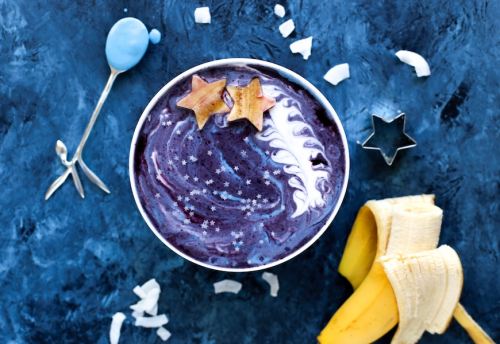
To bust bloat*: Prebiotic Fiber with Fibersol®-2
Feeling bloated or stopped up? Probiotics can help, but they might need an assist from their fibrous counterpart (AKA prebiotics) to finish the job.* Probiotics and prebiotics work together to keep gut flora balanced, so Leveque recommends adding both to your daily regimen.*
“Occasional bloating and constipation are two indications of a microbial imbalance in the intestines that can be alleviated by probiotics and prebiotics,*” she says. “Adding prebiotic fiber to your diet not only supports healthy blood glucose levels, it also decreases hunger and appetite while nourishing your microbiome.*”
You can get prebiotics through foods like bananas, artichokes, and onions, but if you’re still not having a normal bowel movement every day, Leveque suggests taking a supplement to keep things moving along.*
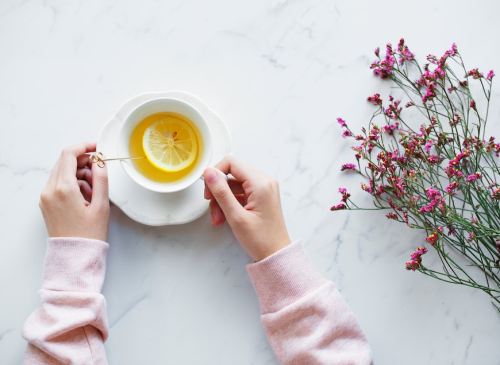
To counter stress-induced tummy trouble*: Ulcetrol™ with PepZinGI®
Typical everyday stress is pretty much the ultimate wellness foe, and your digestive system is far from immune to its effects. “Our stomach lining is prone to acid and bacterial penetration that can cause discomfort, especially if we’re making poor food choices, or are under stress,” Leveque says.
And since basically everyone experiences stress in some form throughout the day (high intensity workouts count!), she recommends taking this blend of zinc, mastic gum, and slippery elm to support a healthy stomach lining and encourage natural gut healing processes.*
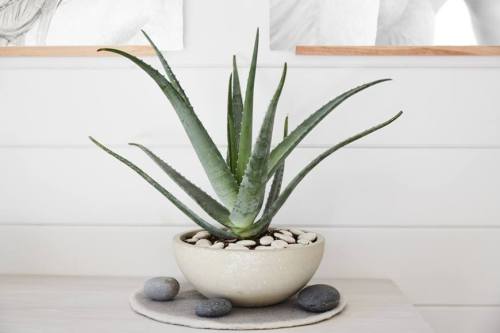
To protect and soothe*: DGL with Aloe Vera
As polarizing as licorice can be in a candy debate, Leveque believes everyone should be pro-licorice as a digestive aid, especially if you have heartburn.*
“I recommend DGL to clients with indigestion or heartburn because it increases mucus production to protect the stomach lining until we determine the root cause of the issue,” Leveque says.
Licorice naturally has an undesirable compound called glycyrrhizin, so by removing it (resulting in deglycyrrhizinated licorice, or DGL) you’re left with a super potent version of the root’s good stuff, which has been studied for its ability to support healthy digestion.* Coupled with the soothing properties of aloe, the combo is a gut-health slam dunk.*
SHOP SUPPLEMENTS
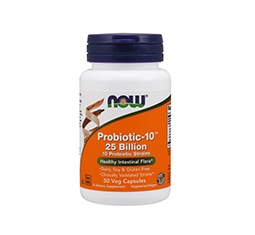
Probiotic-10™ 25 Billion Veg Capsules $20
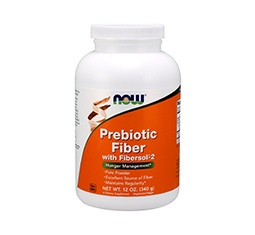
Prebiotic Fiber with Fibersol®-2 Powder $20
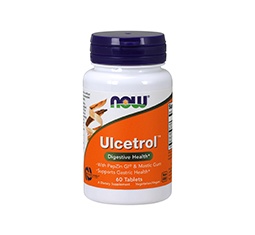
Ulcetrol™ Tablets $28
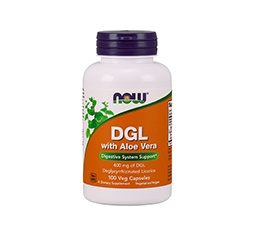
DGL with Aloe Vera Veg Capsules $18
In partnership with NOW
*These statements have not been evaluated by the Food and Drug Administration. These products are not intended to diagnose, treat, cure, or prevent any disease.
Top photo: Stocksy/Jovo Jovanovic
Sign Up for Our Daily Newsletter
Get all the latest in wellness, trends, food, fitness, beauty, and more delivered right to your inbox.
Got it, you've been added to our email list.




